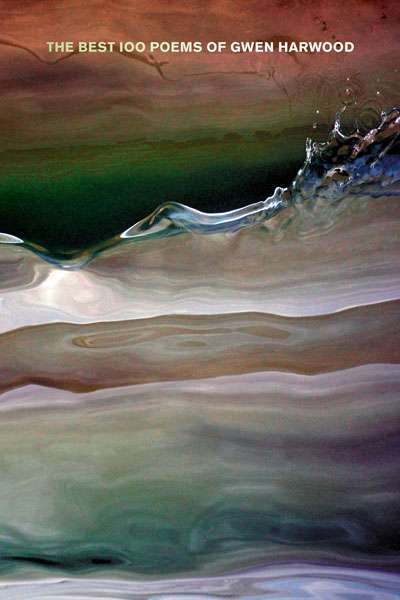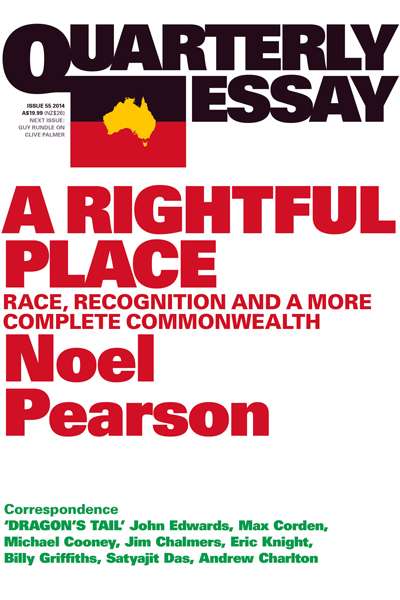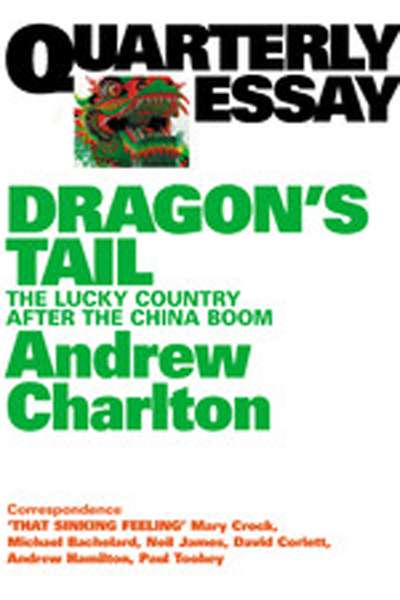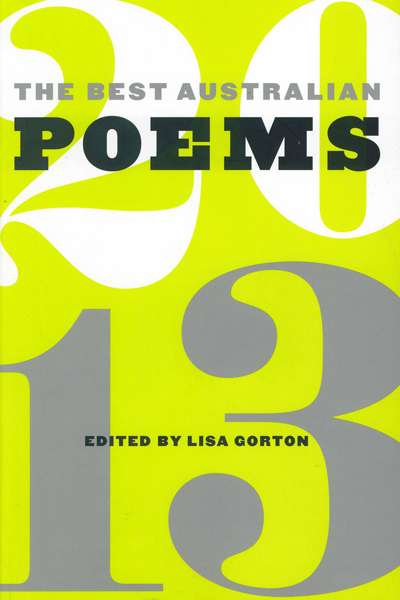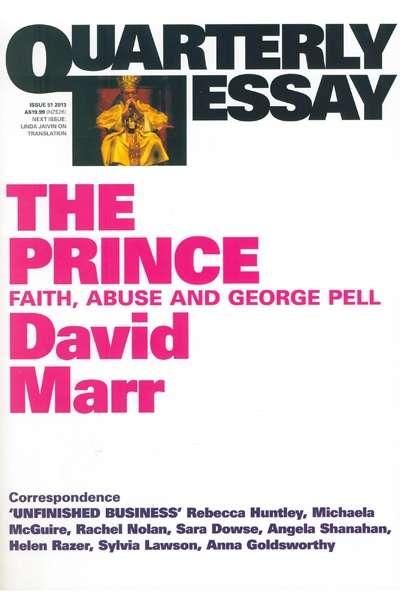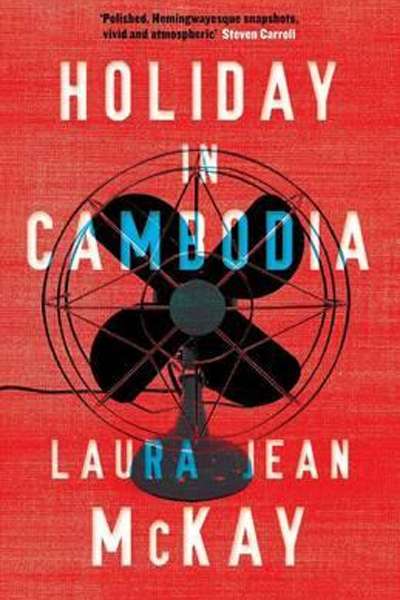Black Inc
Sign up to Book of the Week and receive a new review to your inbox every Monday. Always free to read.
Recent:
The Best 100 Poems of Gwen Harwood by Gwen Harwood, edited by John Harwood
by Ann-Marie Priest •
A Rightful Place: Race, Recognition And A More Complete Commonwealth (Quarterly Essay 55) by Noel Pearson
by Jon Altman •
Dragon’s Tail: The Lucky Country after the China boom (Quarterly Essay 54) by Andrew Charlton
by Kerry Brown •
Acute Misfortune: The life and death of Adam Cullen by Erik Jensen
by Peter Rose •
Power Failure: The inside story of climate politics under Rudd and Gillard by Philip Chubb
by David Donaldson •
That Sinking Feeling: Asylum Seekers and the search for the Indonesian Solution (Quarterly Essay 53) by Paul Toohey
by Stephen Atkinson •
The Best Australian Poems 2013 edited by Lisa Gorton & Now You Shall Know by Hunter Writers Centre
by Peter Kenneally •
The Mad Marathon: The story of the 2013 Election by Mungo MacCallum
by Shane Carmody •
The Prince: Faith, Abuse and George Pell (Quarterly Essay 51) by David Marr
by Ray Cassin •


